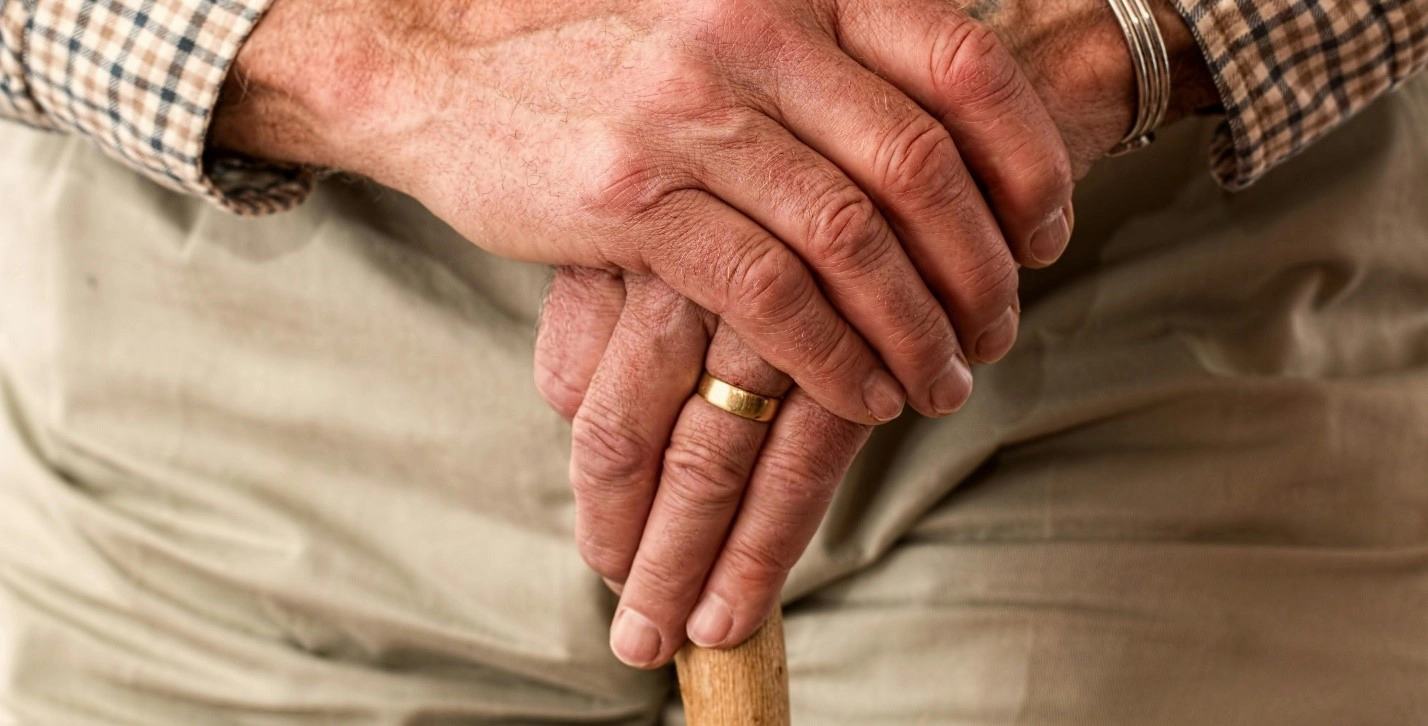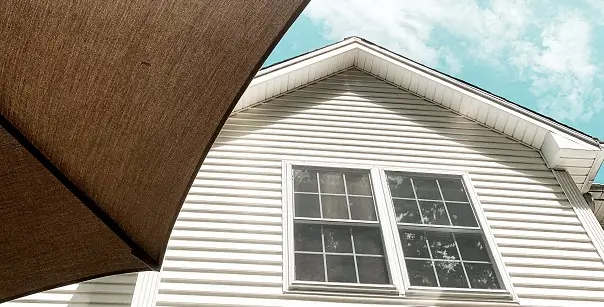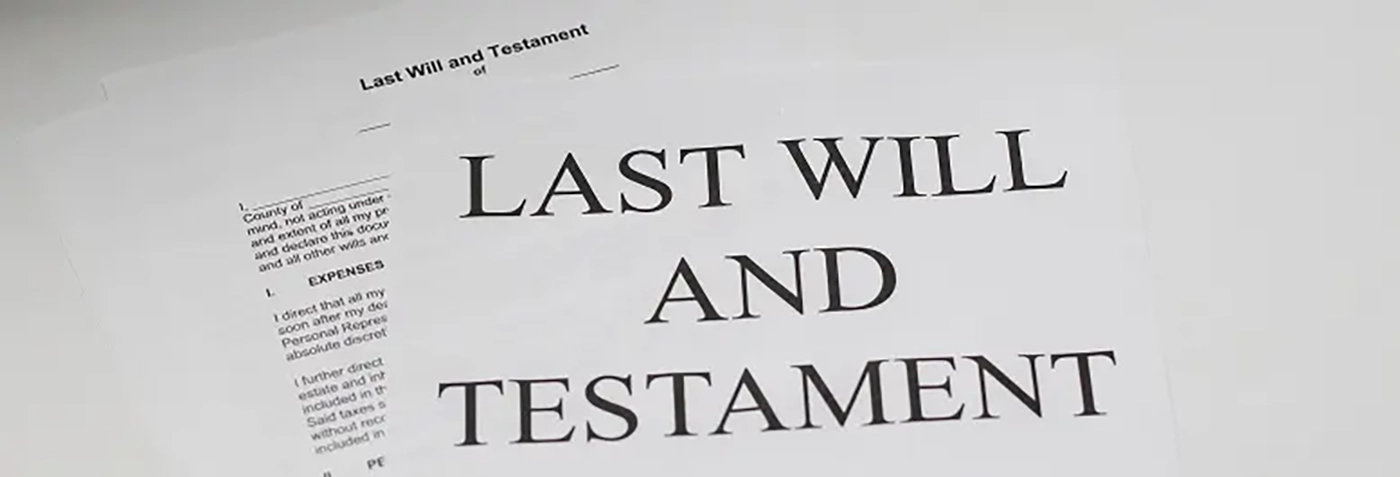Category: Estate Planning
-

Estate Planning for Seniors With Multiple Properties
Seniors who own multiple properties have unique estate planning challenges. It’s a good problem to have. But if you’re in this situation, you’ll need to develop a strategy to pass your valuable assets after your passing. You’ll want to know the basics about deeds, wills, and trusts. Tax implications? Yes, those too. You’ll want to…
-

When a Homeowner Dies, What Happens to the Home?
What happens when a homeowner dies depends on whether there’s a will, the level of debt left behind, and how members of the deceased person’s circle think about others who could be beneficiaries of the estate. Understanding these factors can help a homeowner write a will that works. And if you stand to inherit an…
-

After You’re Gone, Does Your Mortgage Live On?
You might be wondering about that house or condo you’ve left in your will. Often, after a homeowner passes on, the real property is sold from the estate to pay off debts. But maybe you have a relative who would like to have and keep your home. For the sake of exploring the question, say…
-
QPRT: Pertinent to Your Estate Planning Goals?
Among the leading legal tools for passing wealth down through generations is the QPRT. A qualified personal residence trust, or QPRT (“Q-pert”) is a form of irrevocable trust to pass a home to beneficiaries. The QPRT effects an immediate conveyance of the house to the trust. Nevertheless, the homeowner who establishes the trust (called the grantor)…
-

Should a House Be in an Irrevocable Trust?
A home can go into an irrevocable trust. But giving up control over a primary residence is not something most owners want to do. The owner lets go of the “incidents of ownership” and the house goes under a separate tax ID, with taxes filed by a trustee. The owner might continue living in the…
-

Is It Time to Place Your Home in a Living Trust?
With a revocable (living) trust, you can assume the role of trustee, and stay in control of your real estate during your lifetime. After you pass away, your living trust becomes a substitute for probate. This is especially helpful if your estate would otherwise face multiple probate processes because you have real estate in several…
-

Don’t Be the Intestate Homeowner: Write Your Will
No homeowner should die intestate. In plain English: Every homeowner needs a will. By now, everyone knows life is fragile. Nobody has forever and a day to put an estate plan down in writing. And if you do leave things hanging, and you do pass away without a will, or without some combination of a…
-

What Happens When Wills and Deeds Conflict?
When a person passes away, the death certificate and last will are submitted to the county probate court. A person representative begins the process of passing assets along as the will directs — except when other valid legal instruments have priority. One of those instruments is the all-important real estate deed. Houses can be left…
-
Should You Transfer Your Home to Your Children Now, or Leave It in Your Will?
Which is best? Conveying your home to your child or children now? Or letting them inherit it after you pass on? Conveying real estate during your lifetime can cost more than letting it be inherited after death. Then again, inheritances go through probate, which is time-consuming and subject to challenges. Here are more details on…
-
Estate Planning for Your Real Estate Holdings
Real estate can be a fantastic investment. It is often considered one of the most stable money moves that you can make if you are looking for a way to see real return on a business venture, sometimes with little personal involvement. However, when you hold several properties, you need to take steps to protect…







